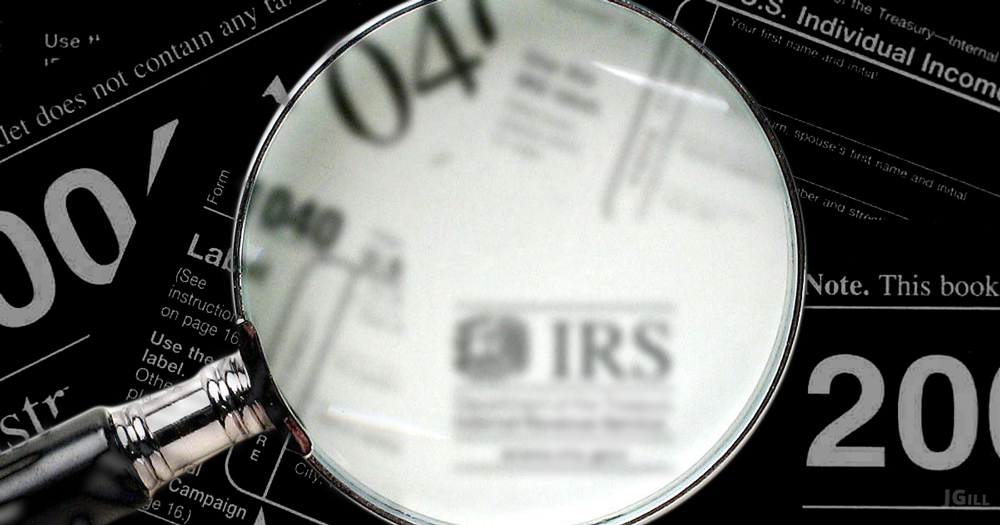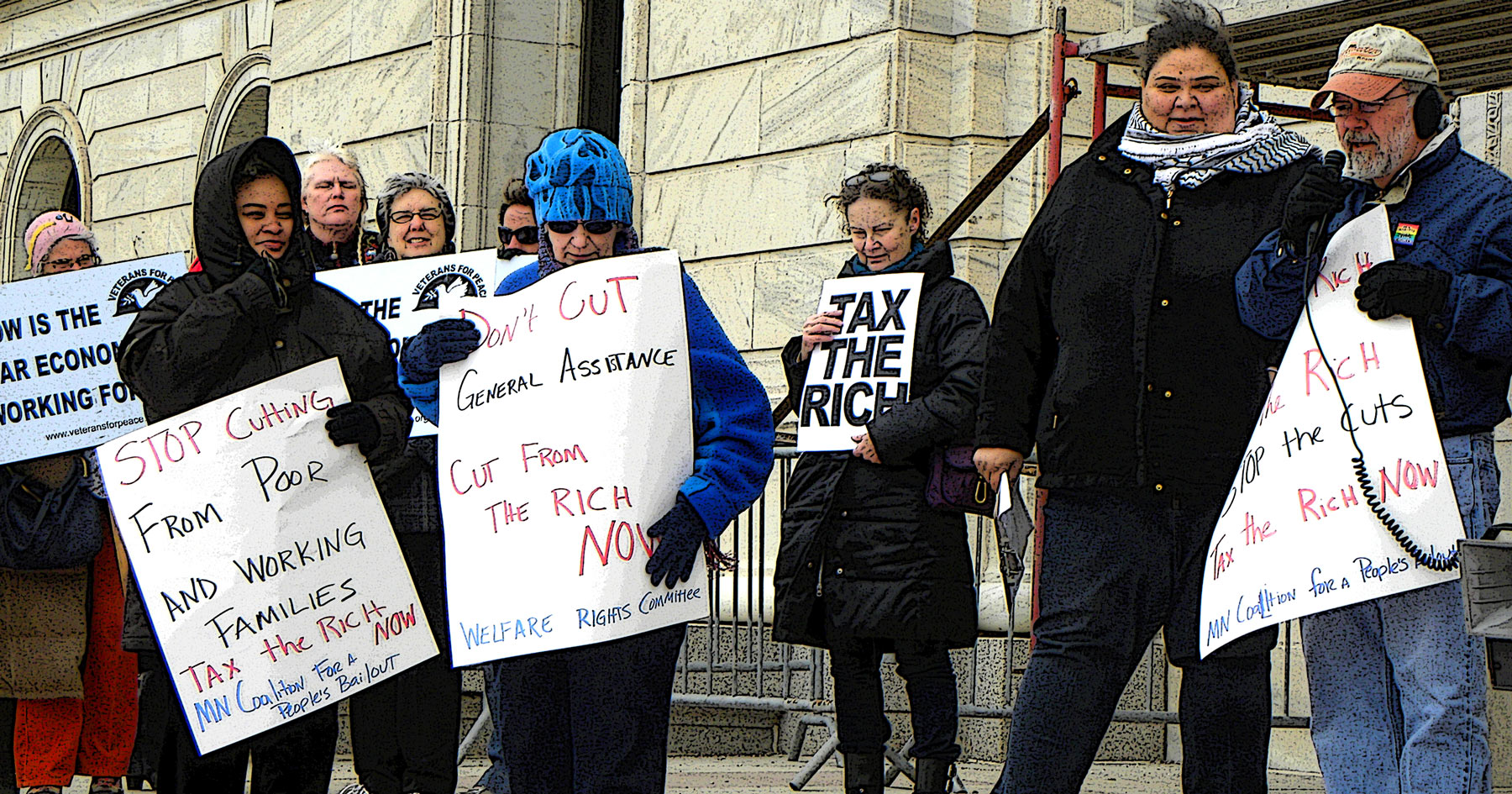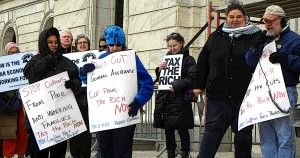Barack Obama promised transparency in government. He didn’t deliver.
But others stepped up to the plate.
It’s now possible to see through a lot of political, elitist, and bureaucratic bunk courtesy of fugitives like Snowden, convicts like Manning, and citizens using FOIA (Freedom of Information Act) procedures.
And we are learning more about Hillary Clinton with each info dump from Julian Assange’s Wikileaks and every court-ordered disclosure thanks to lawsuits to enforce FOIA by organizations like Judicial Watch.
Some folks demand that Donald Trump release his tax returns. On the one hand, hooray for public demands for more information about candidates. But on the other hand, the richer you are, the longer and stranger your tax returns become. One shifts income around to avoid taxes — indeed, you take every “loophole” the law allows. As Justice Brandeis advised. Some folks may be shocked by Trump’s creative-but-legal accounting.
To avoid future confusion, we should demand simple tax returns from the rich. That would require jettisoning most of the tax code, simplifying the system. But ask your congressional representative why he or she will not support such a reform.
The reason we have an opaque and complicated tax code is … well, transparent. Under a simple tax system, there would be fewer favors to “trade” … and thus less power to accumulate, less oomph to parlay into pomp and splendor.
Which is why politicians rarely provide much transparency, and why it must often be wrested from them.
Merely by being merchants of opacity, our pols reveal, if inadvertently, the nature of our Too Big Government.
This is Common Sense. I’m Paul Jacob.











